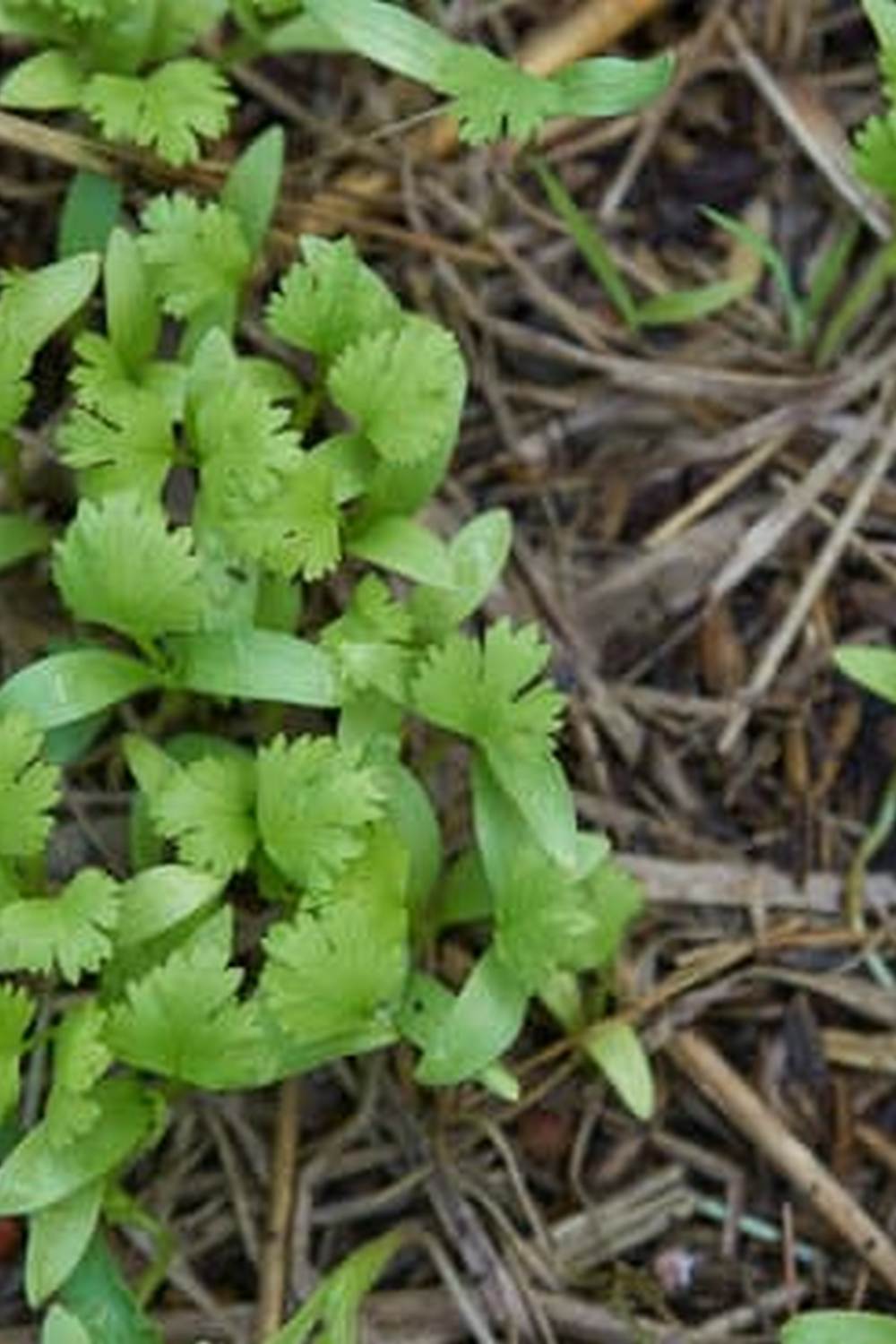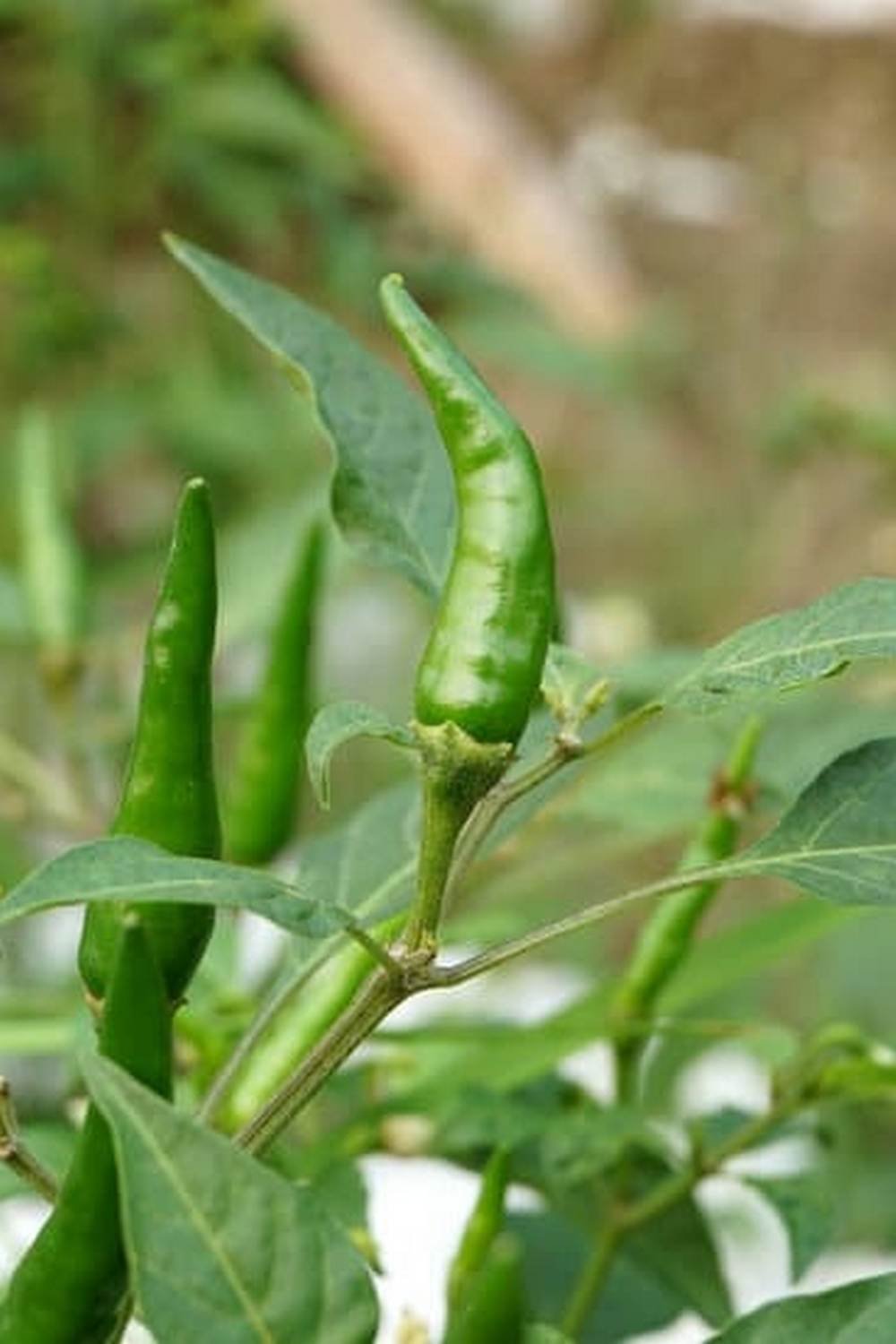Vegetable gardens are a great way to produce fresh and healthy food right in your own backyard. However, one of the most crucial aspects of maintaining a successful vegetable garden is ensuring that the plants receive an adequate amount of water.
The question of whether vegetable gardens need to be watered every day is a common concern for many gardeners. In this blog post, we will delve into the topic of watering frequency in vegetable gardens, exploring the specific water needs of different types of vegetables, factors affecting watering frequency, signs of overwatering and underwatering, efficient watering techniques, creating a watering schedule, and the importance of water conservation.
Understanding the water needs of vegetables is essential for promoting healthy plant growth and maximizing yield. Different types of vegetables have varying water requirements, making it important to tailor the watering schedule to the specific needs of each plant.
Factors such as climate, soil type, and plant maturity also play a significant role in determining how often a vegetable garden should be watered. By understanding these factors, gardeners can ensure that their plants receive the right amount of water to thrive.
Overwatering and underwatering can have detrimental effects on vegetable plants, leading to stunted growth, diseases, and reduced yield. Identifying the signs of overwatering and underwatering is crucial for preventing these issues and maintaining the health of a vegetable garden. Additionally, adopting efficient watering techniques can help ensure that the plants receive adequate moisture without wasting water. Stay tuned as we explore effective strategies for watering vegetable gardens in our upcoming sections.
Understanding the Water Needs of Vegetables
When it comes to vegetable gardens, understanding the water needs of different types of vegetables is crucial for their successful growth and development. Different vegetables have varying water requirements, and it is essential to tailor the watering regimen to meet the specific needs of each plant. Here are some guidelines for understanding the water needs of vegetables:
1. Leafy Greens: Vegetables such as lettuce, spinach, and kale require consistent moisture to thrive. They have shallow roots and can quickly wilt if not watered regularly. It is recommended to water these leafy greens every 1-2 days, especially during hot weather.
2. Root Vegetables: Carrots, radishes, and beets are root vegetables that need a steady supply of moisture to develop properly. However, they do not require as much water as leafy greens. Watering these vegetables every 3-4 days, depending on the weather conditions and soil moisture levels, is usually sufficient.
3. Fruit-Bearing Vegetables: Tomatoes, peppers, and cucumbers are examples of fruit-bearing vegetables that require consistent watering to ensure healthy fruit production. These plants benefit from deep watering every 2-3 days, allowing the soil to dry out slightly between watering sessions.
Understanding the specific water requirements of different types of vegetables allows gardeners to tailor their watering schedule accordingly, ensuring that each plant receives the appropriate amount of moisture for optimal growth and productivity.
Several factors impact how often a vegetable garden needs to be watered. These include climate, soil type, and plant maturity.
– Climate: Hot and dry weather conditions will increase the frequency at which vegetable gardens need to be watered. On the other hand, cooler or rainy periods may reduce the need for frequent watering.
– Soil Type: Sandy soil drains quickly and requires more frequent watering compared to clay soil, which retains moisture for longer periods.
– Plant Maturity: Young plants generally need more frequent watering as they establish their root systems, while mature plants may require less frequent but deeper irrigation.
By considering these factors when determining the watering frequency for a vegetable garden, gardeners can ensure that their plants receive adequate moisture without overwatering or underwatering them.
Factors Affecting Watering Frequency
When it comes to watering a vegetable garden, it’s important to understand that the frequency of watering can vary based on several factors. Climate is one of the most significant factors affecting how often you should water your vegetable garden. In hot and dry climates, you may need to water your garden more frequently than in cooler and wetter climates.
Additionally, the type of soil in your garden can also impact watering frequency. Sandy soil drains more quickly and may require more frequent watering, while clay soil retains moisture better, requiring less frequent watering.
Another factor that impacts how often a vegetable garden needs to be watered is the maturity of the plants. Young and newly planted vegetables will need more frequent watering to become established, while mature plants may require less frequent watering once their roots are well-established in the soil. It’s important to monitor the moisture level in the soil regularly and adjust your watering schedule as needed based on these various factors.
Maintaining a consistent watering schedule is crucial for the health and productivity of your vegetable garden. By understanding these different factors that impact how often a vegetable garden needs to be watered, you can ensure that your plants receive the right amount of water at the right time, leading to healthy growth and maximum yield.
| Factors Affecting Watering Frequency | Impact |
|---|---|
| Climate | Affects how quickly the soil dries out and therefore impacts how frequently the garden needs to be watered. |
| Soil Type | Different soils retain moisture differently which affects how frequently you’ll need to water your plants. |
| Plant Maturity | Newly planted vegetables will need more frequent watering than mature plants with established roots. |
Signs of Overwatering and Underwatering
When it comes to maintaining a vegetable garden, it is essential to understand the signs of both overwatering and underwatering, as well as the negative effects that each can have on the health and growth of your plants. Overwatering occurs when the soil is constantly saturated with water, leading to a lack of oxygen in the root zone.
On the other hand, underwatering happens when the soil becomes dry and causes stress to the plants. It is important to be able to identify these signs early on in order to avoid any potential damage to your vegetable garden.
One common sign of overwatering is yellowing leaves that may also become mushy or develop mold. Root rot is another consequence of overwatering – this occurs when roots are constantly submerged, causing them to decay and eventually leading to plant death. Underwatered plants, on the other hand, will exhibit signs such as wilting leaves that may turn brown or curl at the edges. Additionally, fruit production may decrease and leaves can become brittle.
To accurately assess whether your vegetable garden has been overwatered or underwatered, it is important to check the soil moisture levels regularly. This can be done by simply sticking your finger into the soil – if it feels moist 1-2 inches below the surface, then no additional watering may be needed.
Another method is using a moisture meter which provides accurate readings of soil moisture content. By keeping an eye out for these signs and regularly checking soil moisture levels, you can effectively prevent overwatering or underwatering in your vegetable garden.
| Signs of Overwatering | Signs of Underwateri Ng |
|---|---|
| Yellow & mushy leaves | Wilting & browning leaves |
| Mold on leaves | Brittle leaves |
| Root rot | Decreased fruit production |
Efficient Watering Techniques
Proper watering is essential for the health and growth of a vegetable garden. However, knowing when and how much to water can be a bit tricky. Here are some efficient watering techniques to help ensure that your vegetable plants receive the right amount of water:
- Consider the specific water needs of each type of vegetable in your garden. Some vegetables, like tomatoes and peppers, require more frequent watering, while others, like root vegetables, need less.
- Water deeply but infrequently to encourage deep root growth. This helps plants become more drought-resistant and better able to access water and nutrients in the soil.
- Use mulch to retain soil moisture and reduce evaporation. Mulching also helps control weeds that compete with your vegetables for water.
Knowing when to water is also crucial for efficient watering. One effective way to determine if your vegetable garden needs watering is by checking the moisture level of the soil. Here’s how:
- Insert your finger into the soil near the base of your plants. If it feels dry 1-2 inches below the surface, it’s time to water.
- Observe your plants daily for signs of wilting or drooping leaves, which can indicate that they need water.
- If you’re unsure about whether your garden needs watering, consider investing in a soil moisture meter to accurately measure the moisture levels in the soil.
By following these efficient watering techniques and paying attention to the specific needs of your vegetable plants, you can ensure that they receive the right amount of water for healthy growth without overwatering or underwatering them.
Watering Schedule
Creating a watering schedule for your vegetable garden is crucial in ensuring that your plants receive the right amount of water to thrive. While it may be tempting to simply water your garden every day, it’s essential to understand the specific water needs of different types of vegetables and factor in various environmental conditions that can impact how often you should water.
Understanding the Water Needs of Different Vegetables
Different vegetables have varying water requirements, so it’s important to familiarize yourself with the specific needs of the plants in your garden. For example, leafy greens like lettuce and spinach generally require more frequent watering compared to root vegetables like carrots and beets. Understanding these differences will help you tailor your watering schedule to meet the individual needs of each plant.
Factors Affecting Watering Frequency
Several factors can influence how often you need to water your vegetable garden. The climate in your area, soil type, and the maturity of the plants are all important considerations. In hot, dry climates, for instance, you may need to water more frequently than in cooler, moister climates. Additionally, mature plants typically require less frequent watering compared to newly planted seedlings.
Efficient Watering Techniques
In addition to frequency, it’s important to consider the efficiency of your watering methods. Utilizing techniques such as drip irrigation or soaker hoses can help ensure that water is delivered directly to the root zone where it’s needed most. Mulching around your plants can also help retain moisture in the soil, reducing the need for frequent watering.
By taking into account these various factors and implementing efficient watering techniques, you can create a customized watering schedule that meets the specific needs of the plants in your vegetable garden while also conserving water.
Water Conservation in Vegetable Gardening
Water conservation is a crucial aspect of vegetable gardening, especially in areas where water resources may be limited. Conserving water not only helps reduce water bills but also promotes environmentally friendly gardening practices. One effective method for conserving water in vegetable gardens is through the use of mulch.
Mulching helps retain soil moisture by reducing evaporation and suppressing weed growth. Organic mulches such as straw, wood chips, or grass clippings can be applied around the base of plants to help conserve water and promote healthy plant growth.
Another efficient way to conserve water in vegetable gardening is through the use of drip irrigation systems. Drip irrigation delivers water directly to the roots of plants, minimizing wastage and promoting efficient water usage. This method provides a slow, steady supply of water that is absorbed by the soil, reducing runoff and ensuring that plants receive the right amount of moisture. Drip irrigation systems can be installed with timers to deliver water at specific times, further optimizing water conservation efforts.
In addition to mulching and drip irrigation, proper plant selection and grouping can also contribute to water conservation in vegetable gardening. Choosing drought-tolerant vegetables and grouping together plants with similar watering needs can help minimize overall water usage in the garden. By implementing these methods and techniques for conserving water, vegetable gardens can thrive while reducing their environmental impact, ultimately leading to healthier plants and bountiful harvests.
Conclusion
In conclusion, it is clear that the question “do vegetable gardens need to be watered every day?” does not have a simple yes or no answer. The water needs of a vegetable garden can vary greatly depending on factors such as climate, soil type, plant maturity, and the specific types of vegetables being grown. Understanding these variables is crucial in ensuring that the garden receives the right amount of water to promote healthy growth and maximum yield.
As discussed in this blog post, it is important to pay attention to the signs of overwatering and underwatering in order to adjust the watering schedule accordingly. Additionally, efficient watering techniques such as mulching and drip irrigation can help conserve water while still meeting the needs of the plants. By creating a customized watering schedule based on these factors, gardeners can ensure that their vegetable garden receives the proper amount of water without overdoing it.
In essence, while there is no one-size-fits-all answer to how often vegetable gardens need to be watered, it is important for gardeners to pay close attention to their individual garden’s needs and adjust their watering practices accordingly. By doing so, they can promote healthy plant growth and maximize their yield without wasting water.
So, do vegetable gardens need to be watered every day? The answer will ultimately depend on a variety of factors, but with careful observation and effective techniques, gardeners can ensure that their crops thrive with just the right amount of hydration.
Frequently Asked Questions
What Vegetables Should Be Watered Everyday?
Not all vegetables require daily watering, but those with shallow roots or those planted in containers may need it. Examples include lettuce, spinach, and tomatoes.
How Often Should a Vegetable Garden Be Watered?
The frequency of watering a vegetable garden depends on various factors such as the weather, soil type, and the specific needs of the plants. Generally, most vegetable gardens need watering 1-2 times per week.
Should I Water My Vegetable Garden Every Day When It’s Hot?
When it’s hot, it’s important to adjust the watering schedule for your vegetable garden. While some plants may benefit from daily watering during hot weather, others may become susceptible to disease if overwatered. It’s best to monitor the soil moisture and water as needed to prevent drying out without drowning the plants.

If you’re looking to get into vegetable gardening, or are just looking for some tips on how to make your current garden better, then you’ve come to the right place! My name is Ethel and I have been gardening for years. In this blog, I’m going to share with you some of my best tips on how to create a successful vegetable garden.





